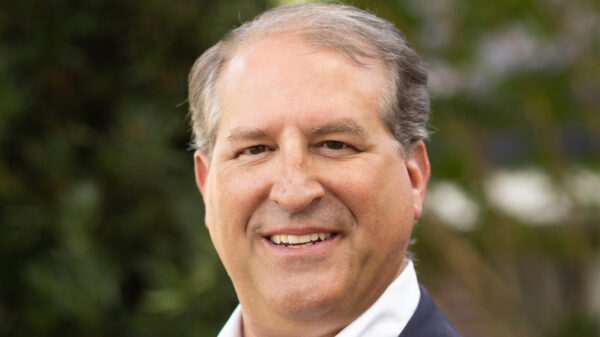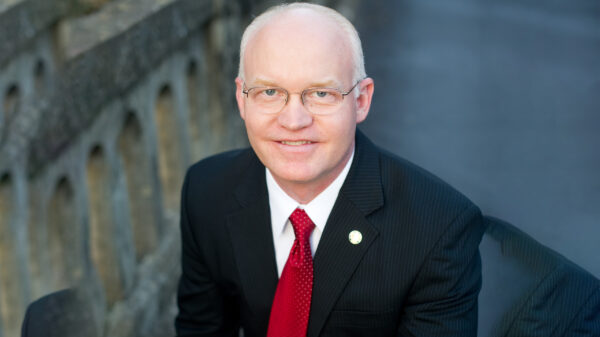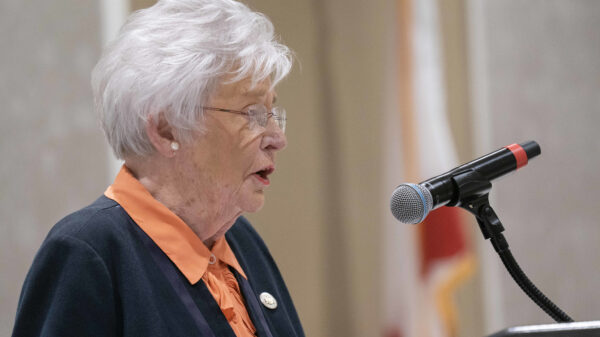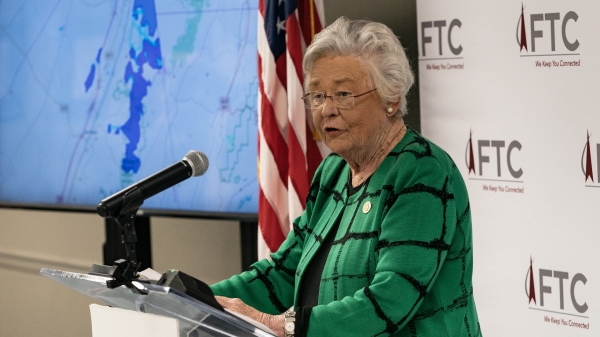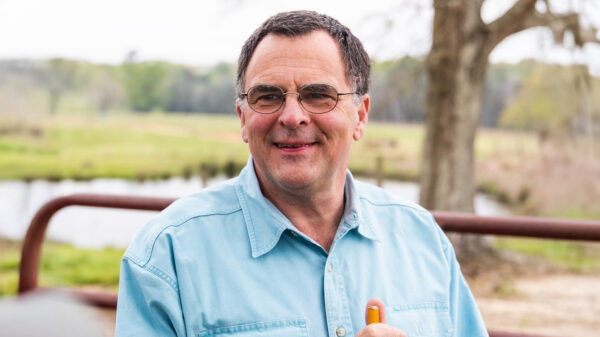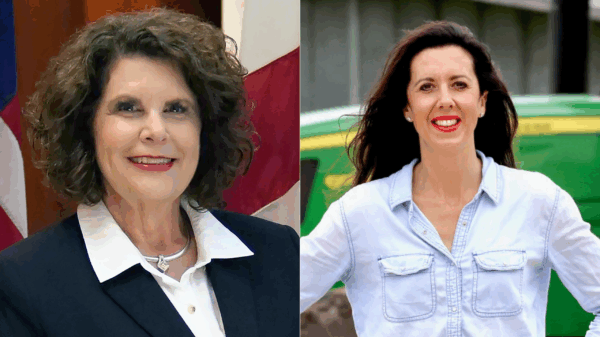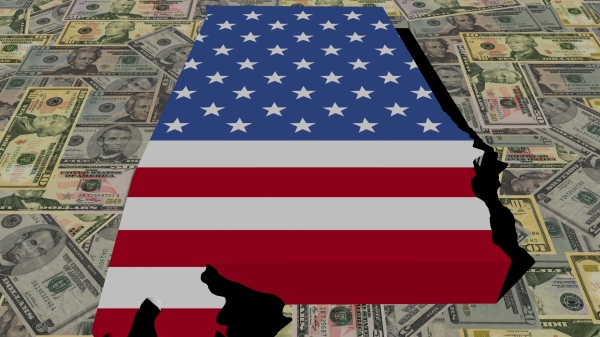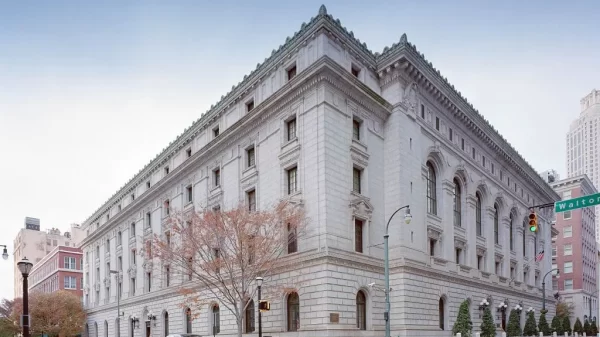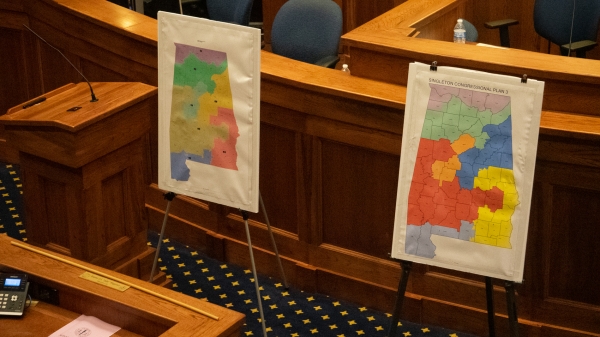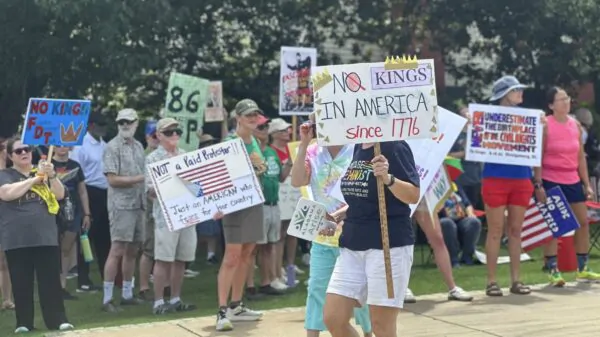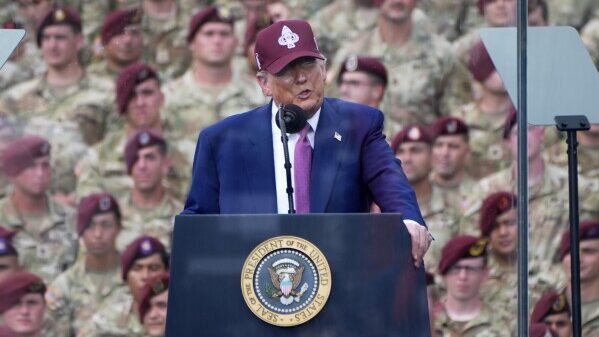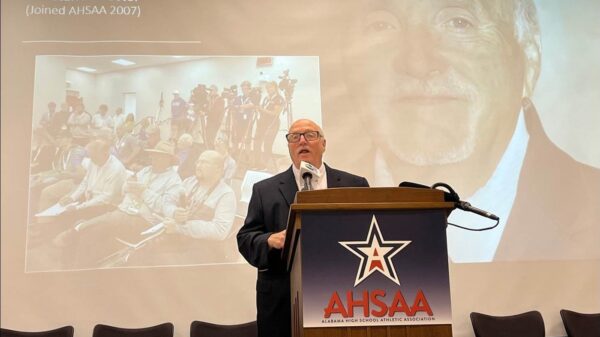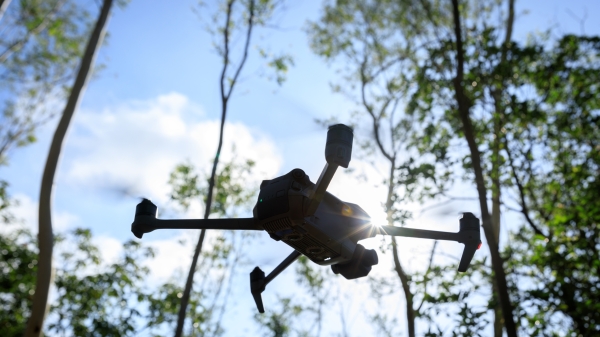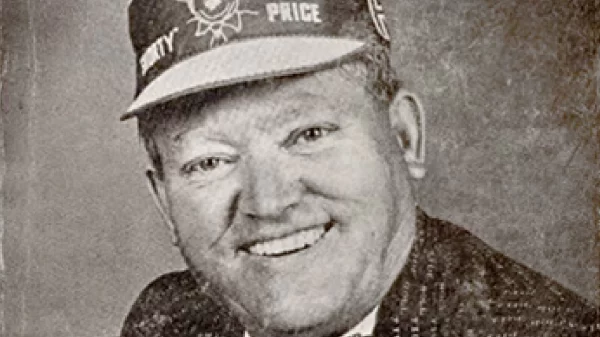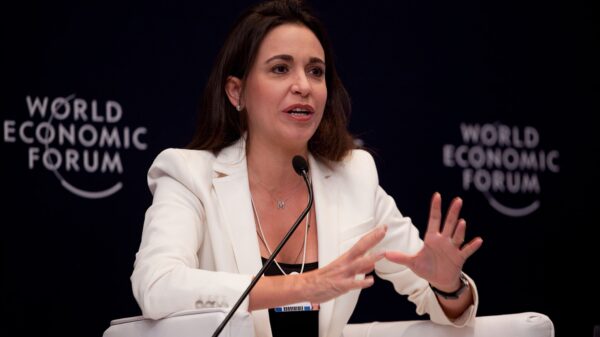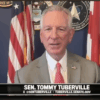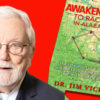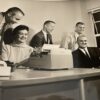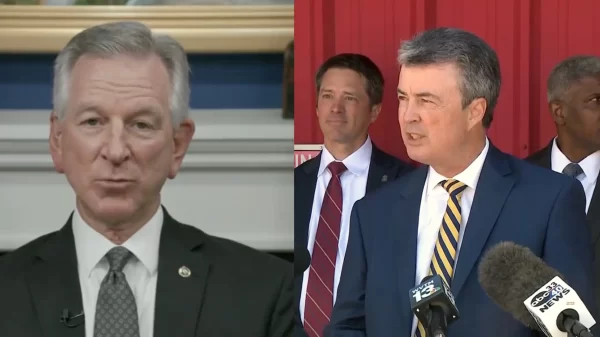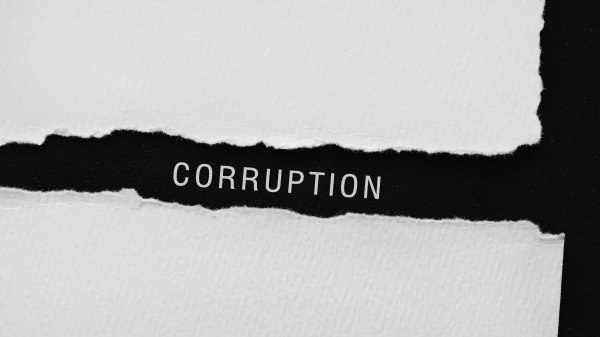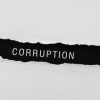By Bill Britt
Alabama Political Reporter
It’s been 16 years since 19 hijackers flew jet airliners into the twin towers of the World Trade Center, the Pentagon and a field in Pennsylvania. We are told to “Never Forget.”
In the years since 9/11, I’ve asked myself if I should never forget or always remember? There is, at least in my mind, a difference.
My wife, Susan, and I were living in New York City on Sep. 11, 2001, and heard the first airplane fly over on its path toward death and destruction in our adopted city. Much has happened to our nation and to us since that bright fall morning.
Our office was mere blocks from the World Trade Center, a place we had visited frequently and where we were scheduled to meet our attorneys on Thursday, Sept. 13, two days later. One of our lawyers left his office on the 85th floor of tower two in an elevator and walked out just as the second plane hit. The other, Joanne, did not. Her body was never found. She had recently planned a move to Arizona, but her hopes and dreams were buried in an empty casket in upstate New York.
What began as our nation’s resolve to hold those who attacked us on 9/11 responsible became a never-ending war at home and abroad.
Fear remains the most recognizable legacy of the attacks here at home.
When did the citizens of our great country become cowering masses? Was the American will forged with trembling hands or cowardly minds? Even here in Alabama, far from the media markets terrorists crave, there is fear.
The troubles in the Middle East do not exist because of their hatred of our freedom, and it is not a new phenomenon. The roots of today’s bitter battles are found in the aftermath of World War I, known at the time as The Great War.
As writer Scott Anderson found in his book “Lawrence in Arabia,” it was the West meddling in foreign affairs that shaped the Middle East thought the Sykes-Picot Agreement, the Balfour Declaration and the Arab revolt. In a New York Times review in 2013, Alex Von Tunzelmann wrote of “Lawrence in Arabia” and said, “It is arresting to look back 100 years and see a familiar picture: Britain, France, Russia and the United States gingerly stirring the pot of the Middle East from as far away as possible.” Anderson shows how reckless interventions in the past create the turmoil of the present. But it appears that far too often our leaders ignore the past wanting to create the world anew in their image.
Even now the federal government stands ready to deploy more troops in this so-called War on Terror.
Our state has sent more than its share of fighting men and women to the front line of the wars spurred by the events of 9/11.
Many of our warriors were just children when 15 citizens of Saudi Arabia and others from the United Arab Emirates, Egypt and Lebanon drove planes into symbols of our country’s financial and military might. We now ask our nation’s children to finance and to fight a war where there are only means with no end.
Perhaps a quote attributed to Winston Churchill is appropriate, “Americans will always do the right thing — after exhausting all the alternatives.”
For most of our nation’s history, we have been reluctant warriors, suspicious of foreign entanglements and adventures. We are horrible nation builders because when we win a regional war, we immediately return what we’ve won.
On 9/11 we were attacked at home, but we were also attacked in 1812 in a war that lasted nearly four years. As history.com notes, “the War of 1812 is remembered as a relatively minor conflict in the United States and Britain.” However, “it looms large for Canadians and for Native Americans, who see it as a decisive turning point in their losing struggle to govern themselves.”
As a nation, we’ve pretty much forgotten the War of 1812, and we barely remember when the British razed Washington. On Aug. 24, 1814, British forces occupied the city and set fire to the White House, the Capitol, as well as other public buildings. The occupation lasted only about 26 hours, but the British siege ravaged the capital and shocked the nascent Republic.
Instead of instilling fear in the hearts of our citizens, it ushered in the Era of Good Feelings, in which confidence, not cowardliness, ruled the day.
For me, the United States will always remain the land of the free and the home of the brave.
As President Ronald Reagan said overlooking France’s Omaha Beach on the 40th Anniversary of D-Day, “We will always remember. We will always be proud. We will always be prepared, so we will always be free.”
For me, the phrase “Never Forget” stirs an air of revenge, where “Always Remember” evokes a soul’s commitment.
The human mind has a great capacity to see the past as better than it actually was; we most often can think back on the terrible times and see the good that surrounds a tragedy.
So, today I will remember the kindness of strangers on 9/11, the way a city and a nation joined together to help those in need. I will remember the men and women who fought for us after that day and continue to do so. Yes, I will always remember we were attacked, but America’s greatest strength lies in its ability to look forward to brighter days, not behind at our darkest hours.
Let’s always remember that part of the American Spirit.

